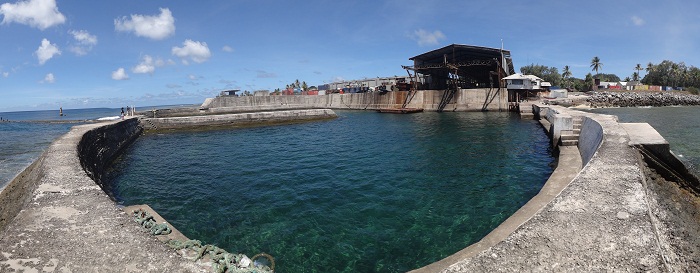The City of Cape Town through its draft budget for 2019, has announced its intentions to introduce fixed charges for water and electricity.
According to the Mayoral committee member for finance Johan van der Merwe, the drought crisis has had the most impact on the proposed budget, alongside affordability and financial sustainability.
The total proposed budget for the new financial year that starts in June is US $4bn made up of an operating budget of US $3bn and a capital budget of US $762m.
Also read:Japan and Malawi sign grant aid for water project
The City was proposing a 26.9% increase in both water and sanitation tariffs. 8.1% for electricity, 7.2% for rates and 5.7% for refuse tariffs.
Officials stated that there had been a reduction in income as a result of residents using less water during the drought, and many households reducing their energy consumption.
Fixed charges for water
Like other municipalities, the City wants to introduce a fixed charge for water, based on the size of a household’s water meter, in addition to charging them for whatever water was used. The fixed charge will cover the costs of supply.
Most domestic dwellings have a 15mm pipe size. Based on that they will have a US $4.74 charge per month excluding VAT. The largest metre size of 300mm will incur a US $1,905 charges per month excluding VAT, if this will be implemented.
Where the City had stepped its water tariffs in six categories, it now wanted to reduce them to four categories (with the first step being 0-6000kl use and the top step being any usage above 35kl).
Price plan for electricity
On electricity, there is a proposal for homeowners with properties valued at US $84,686 or more to pay a new service charge of US $12.7 per month including VAT. This service charge is to cover the maintenance of the network and investment in wires.
These homeowners will be in a new category- the home user. They will be subject to slightly lower energy rates than the domestic user, whose property was valued between US $33,874 and US $84,680.
The “lifeline user” will remain a category for those with a property valued at less than US $33,874. Other exceptions for indigent, disabled and rebated tenants also applied here.

Leave a Reply